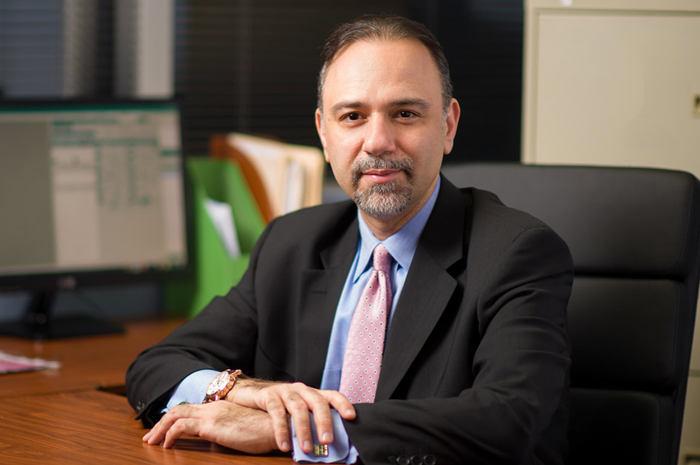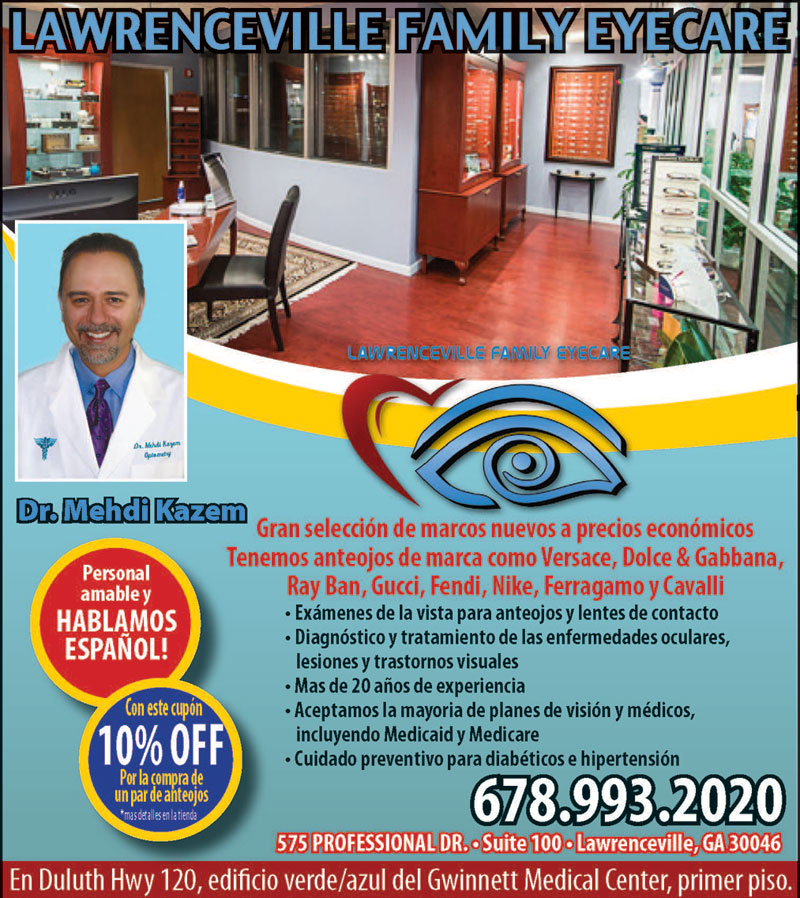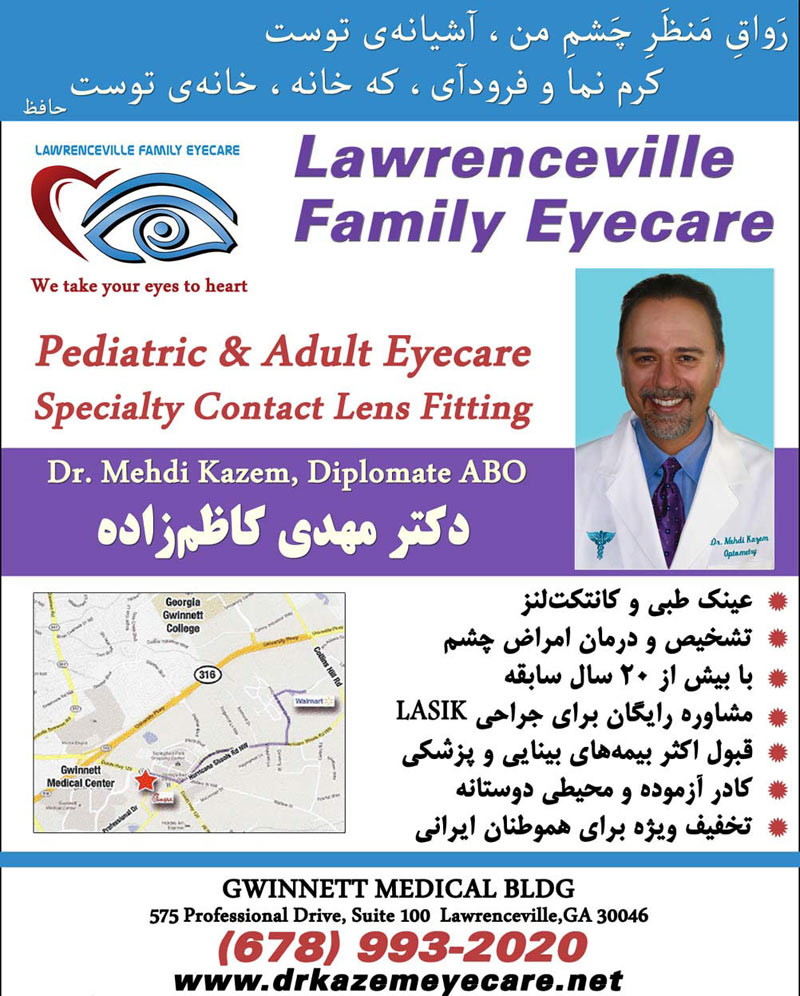
Professional Eye Care Services
Our goal is to provide you with the highest quality of vision and medical eye care in a friendly atmosphere by combining compassionate personal attention, expert medical skills, and the latest technology.


About Lawrenceville Family Eyecare
Providing personalized eye care services with state of the art technology.

